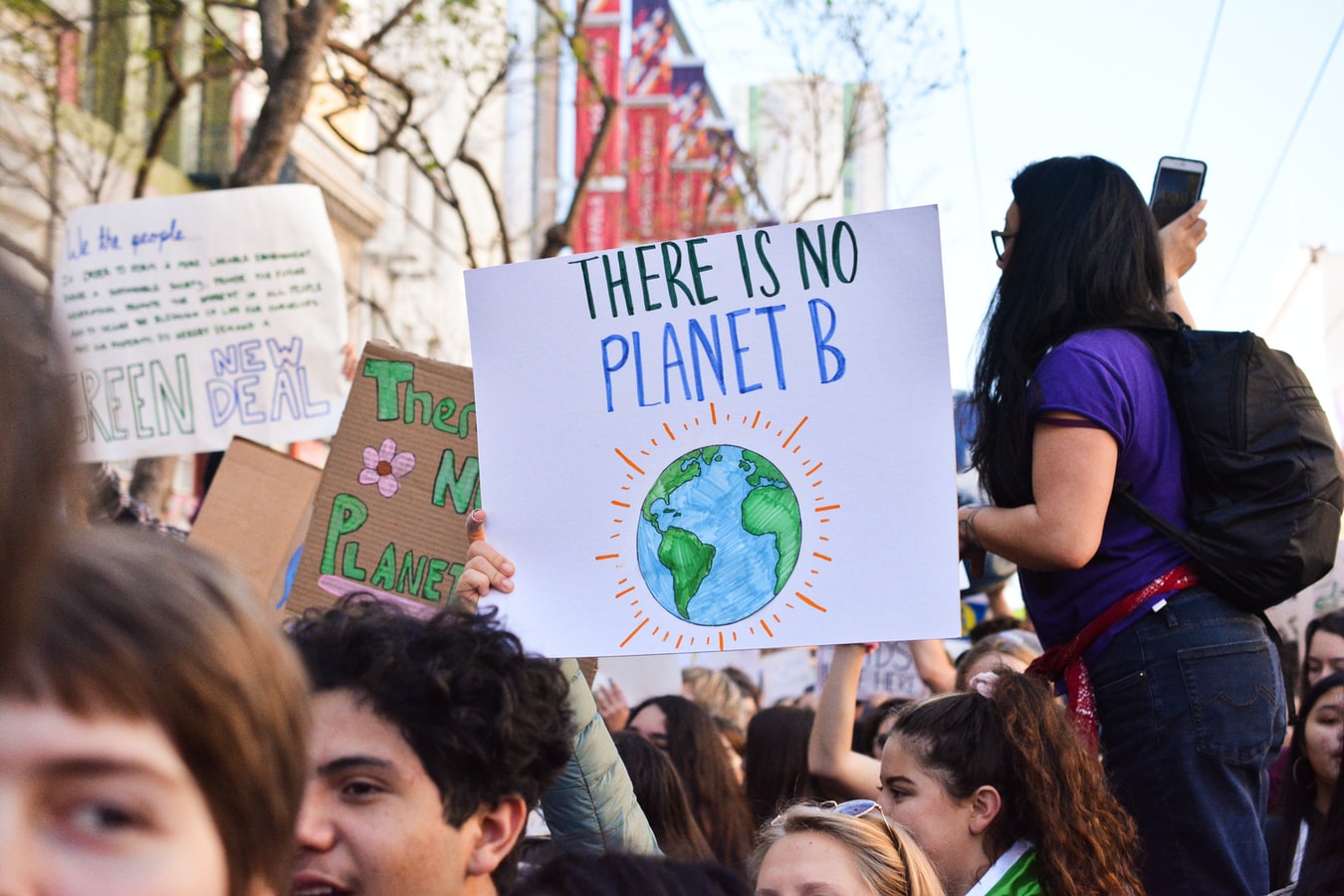The group, which includes organisations Our Future Leeds, Voluntary Action Leeds, Together for Peace and Leeds Tidal, wants to create a “zero-carbon, socially-just and liveable city by 2030”.
The funds will be directed to meet the needs of local people at a grassroots level.
Paul Chatterton, a professor in the School of Geography at the University of Leeds, supported the bid to the National Lottery as a member of Our Future Leeds. He said “We will be creating a network of hubs in communities across Leeds, where local people will be supported to create a climate action plan so they can make their places more sustainable, safer and liveable.”
“There will be about 16 hubs across a diversity of places over the five-year programme all supported by experts and professionals in sustainable food, housing, energy, waste and more”.
The five-year programme, launched 1st September, will create over 40 local jobs and make available around £400,000 of grants for additional groups to take climate and social justice action.
The project also involves the creation of a Leeds Climate Assembly where communities and other stakeholders will come together to share and learn from their experiences and successes in order to action a Leeds-wide climate emergency plan.
The Action Programme follows the City Council’s decision on 27 March 2019 to declare a ‘Climate Emergency’ and its commitment to work to make Leeds carbon neutral by 2030. Leeds Climate Commission established the Leeds Climate Change Citizens’ Jury in response. It was the first Citizens’ Jury on climate change to take place outside of London. The 21 members, selected to represent a “mini public” of Leeds, produced a set of recommendations with a focus on transport and the proposed expansion of Leeds Bradford Airport, energy-efficient housing and education. Their recommendations will be used to guide the future work of the Climate Commission and Leeds City Council.
With the local economy severely hit by coronavirus, the cash influx is opportune. The Build Back Better campaign aims to shape COVID-19 recovery policy through investment in a wellbeing economy. It seeks to secure long term-stimulus packages that are “designed around the core principle of building a stronger economy that ensures the long-term health and wellbeing of citizens, job creation, tackling climate change once and for all, and building a more resilient and inclusive society.”
Concurrently, Extinction Rebellion has resumed their civil disobedience campaign under the banner ‘We want to live’. The wave of “uprisings” are going ahead despite the arrest of several organisers charged with conspiracy to cause criminal damage. Spokespeople have said that the protesters will peacefully disrupt Parliament as it resumes after summer, “carrying out pressure building actions over two weeks, until they back the Climate and Ecological Emergency Bill” The Bill was tabled in Parliament by Green Party MP Caroline Lucas on Wednesday. It reflects a longstanding XR demand, one of its core asks is for Parliament to create and follow the guidance of a ‘Citizens’ Assembly’, empowering the public to take the lead in tackling the climate emergency.
Actions are also taking place in Manchester and Cardiff city centres.
The creation of the Leeds Climate Assembly will broaden participation and perhaps the appeal of so-called deliberative democracy; demonstrating what is possible when the full diversity of people and through within the UK population is brought together and, through reason and debate, is able to the tackle big questions of social concern.
Photo Credit: Li-An Lim

